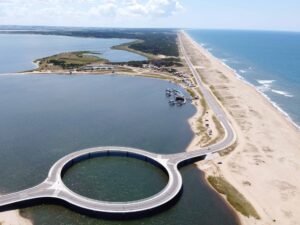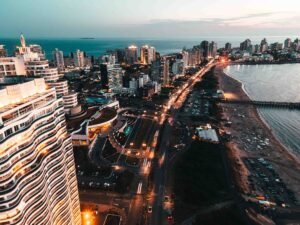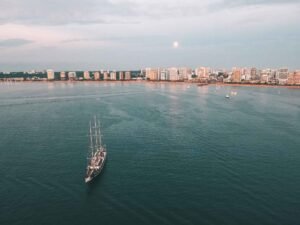Conference 2023
The XXVII SIGraDi Congress invites us to reflect on the emerging accelerated landscapes of current techno-diversity and its projection towards future technopolitics.
Keynotes
Neil Leach
Professor of architecture and licensed architect
María Kuptsova
Artist, architect and researcher
Marcelo Payssé
Architect and Professor
Mane Tatulyan
Writer, philosopher, and designer
Achim Menges
Architect, professor, and researcher
His practice and research focuses on the development of integral design processes at the intersection of morphogenetic design computation, biomimetic engineering and computer aided manufacturing that enables a highly articulated, performative built environment.
Locations
CENTRO UNIVERSITARIO REGIONAL DEL ESTE (CURE)
CONGRESS VENUE

WEDNESDAY 29
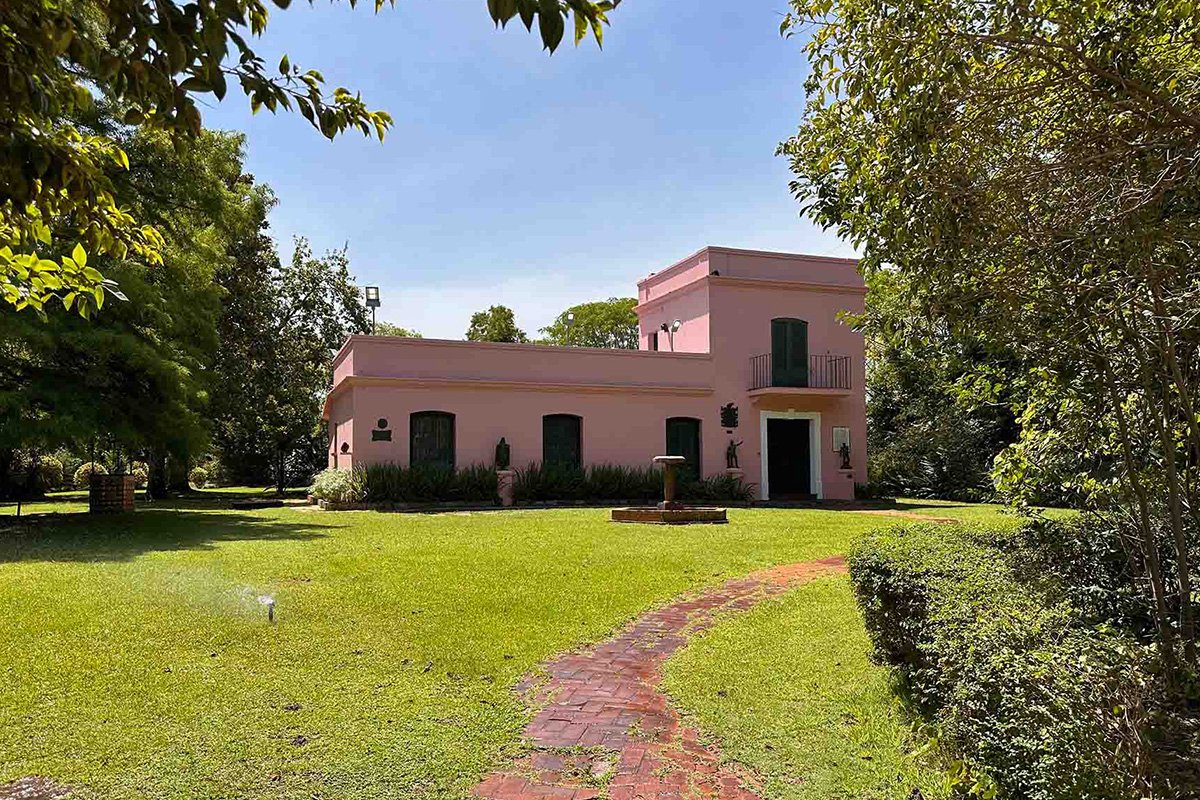
AZOTEA DE HAEDO
OPENING COCKTAIL
It was built in the late 50’s by the former Uruguayan president Eduardo Victor Haedo, with the intention of being a cultural center, using his own residence. It stands out, apart from the artistic collection, the beautiful garden that surrounds the property. The congress opening cocktail will be held at Haedo’s rooftop on November 29th.
Address: Br. Artigas y Mercedes Pda. 16 Barrio Cantegril
Location
THURSDAY 30
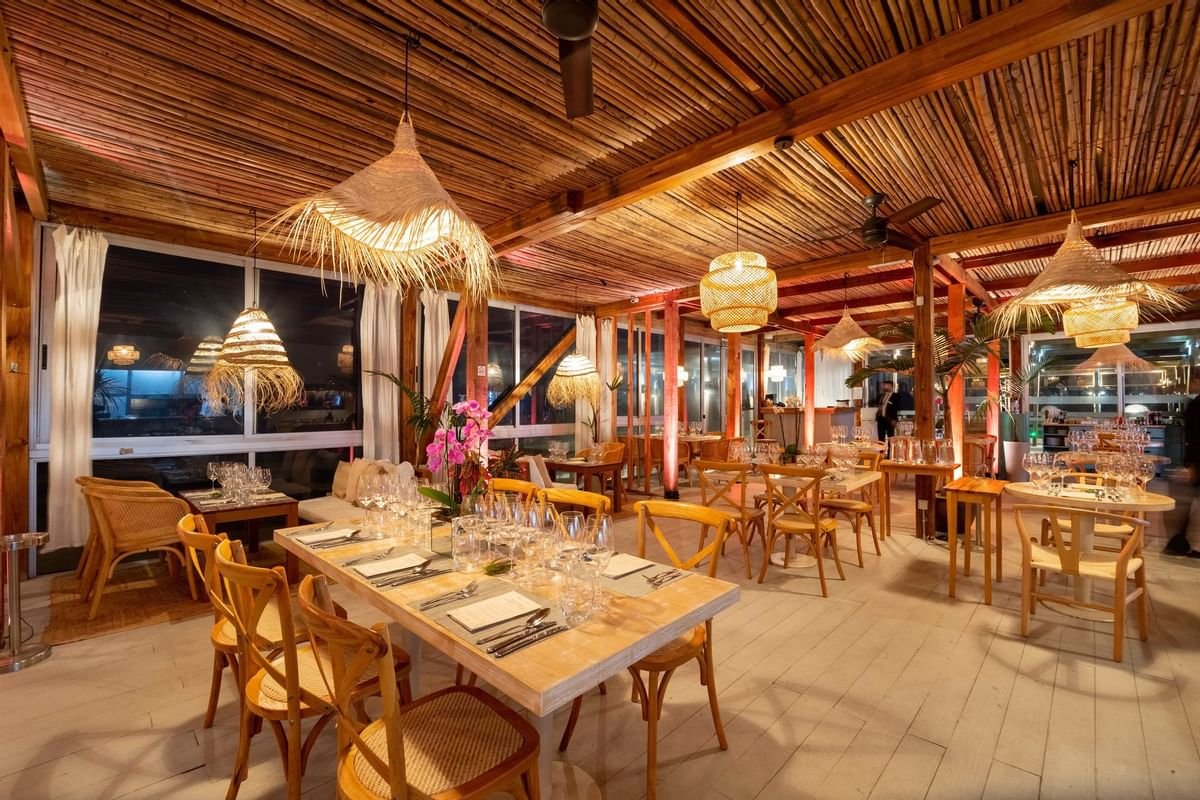
MONTAUK BRAVA BEACH
Address: Rbla. Lorenzo Batlle Pacheco, entre, Av. Del Mar y, 20100 Punta del Este, Departamento de Maldonado
Location
FRIDAY 1

CASAPUEBLO
Registration process

AUTHOR + DINNER
USD 360
Access to: paper publication and indexation, all presentations, dinner, coffee breaks, lunch, opening and closing ceremony.
*Can present up to 2 papers.
THE REGISTRATION PERIOD HAS ENDED

AUTHOR (NO DINNER)
USD 280
Access to: paper publication and indexation, all presentations, coffee breaks, lunch, opening and closing ceremony.
*Can present up to 2 papers.
THE REGISTRATION PERIOD HAS ENDED

ATTENDANT + DINNER
USD 175
Access to: all presentations, dinner, coffee breaks, lunch, opening and closing ceremony.
THE REGISTRATION PERIOD HAS ENDED

ATTENDANT (NO DINNER)
USD 95
Access to: all presentations, coffee breaks, lunch, opening and closing ceremony.
THE REGISTRATION PERIOD HAS ENDED

STUDENTS (UNDERGRADUATE)
USD 50
Access to: all presentations, coffee breaks, lunch, opening and closing ceremony.
THE REGISTRATION PERIOD HAS ENDED
Tracks
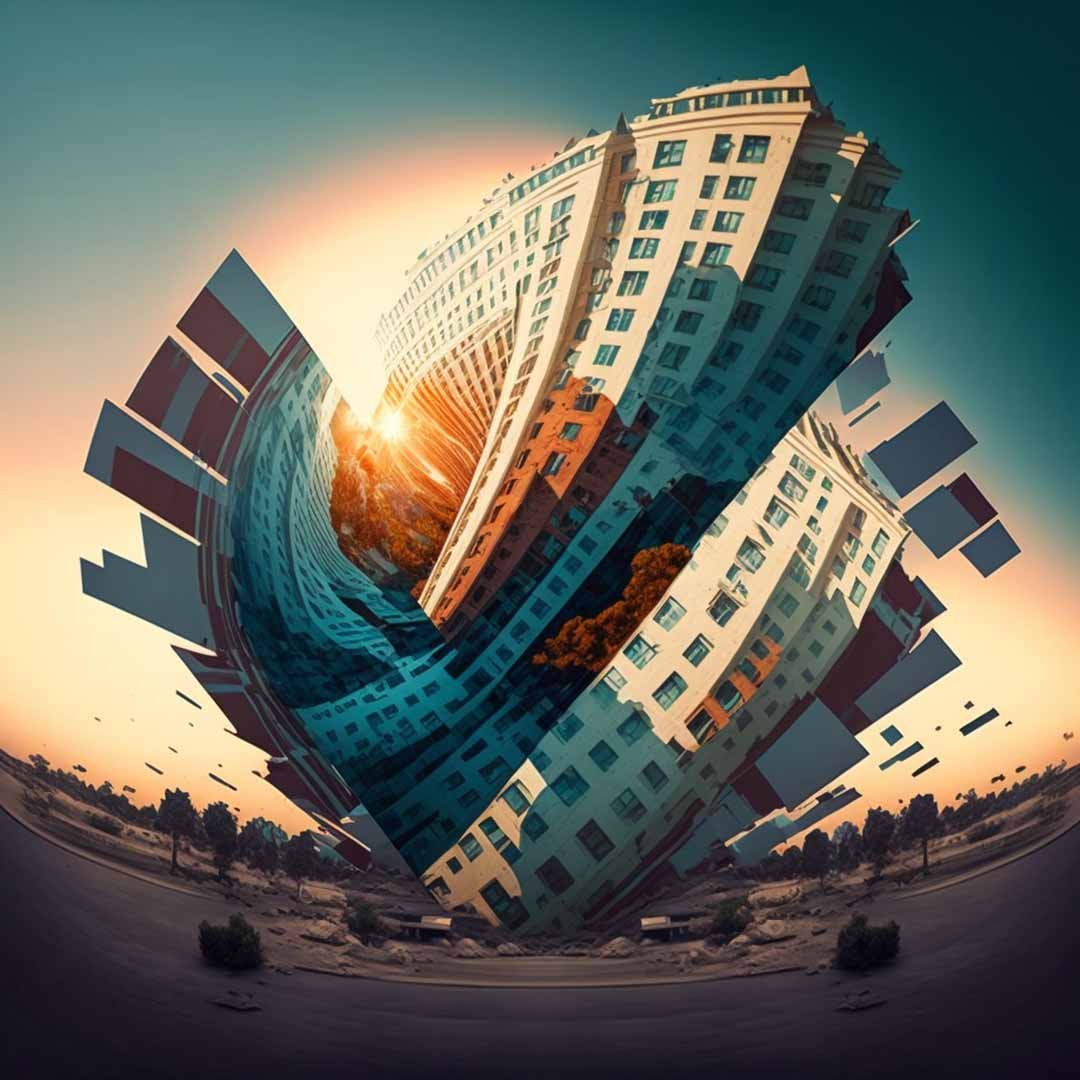
T1. Theories and Practices of Landscape design in digital accelerated contexts
Programming Cultures. Digital Heritage. Cultural Landscapes and new technologies. Design, Nature and Ecosystems.
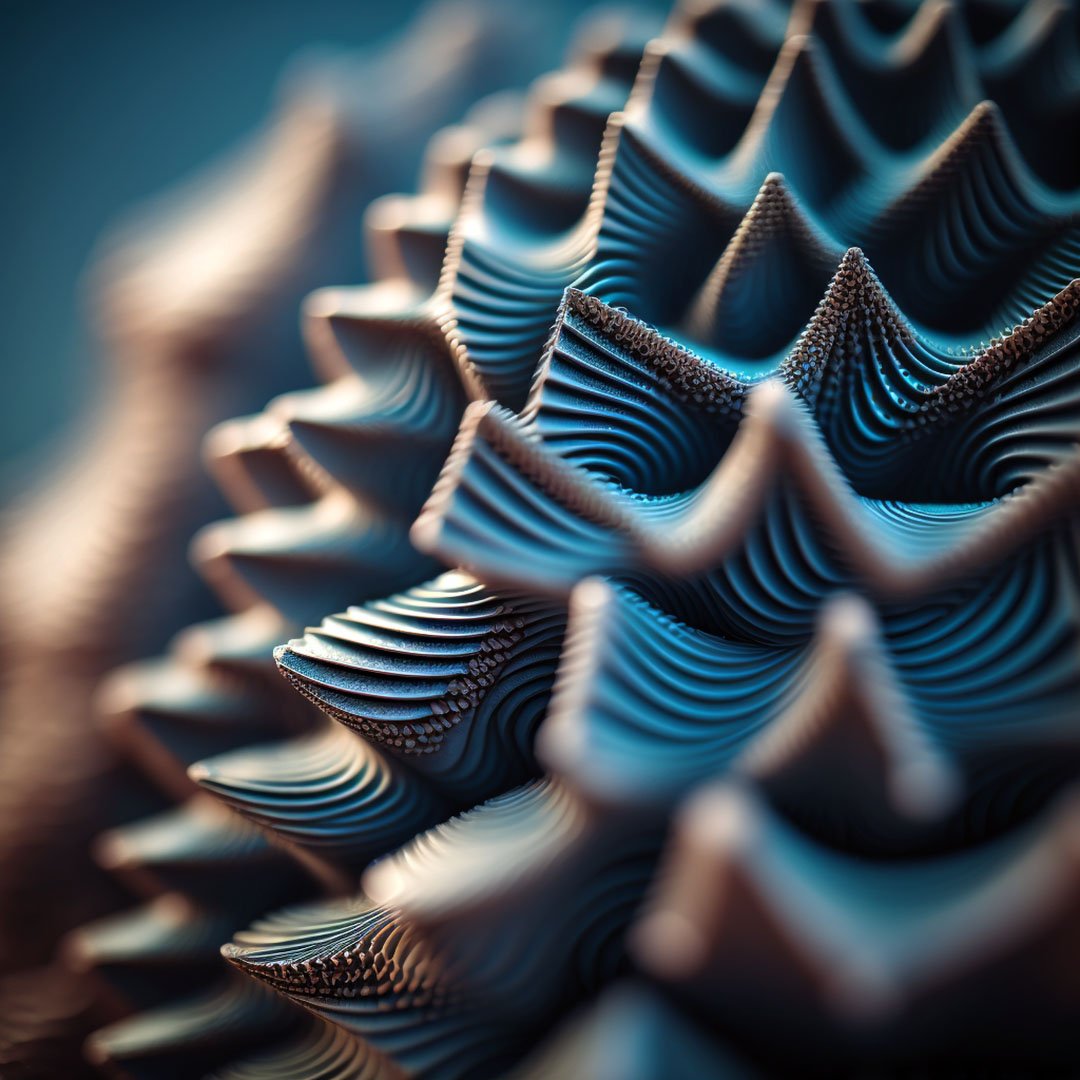
T2. Parametric Design
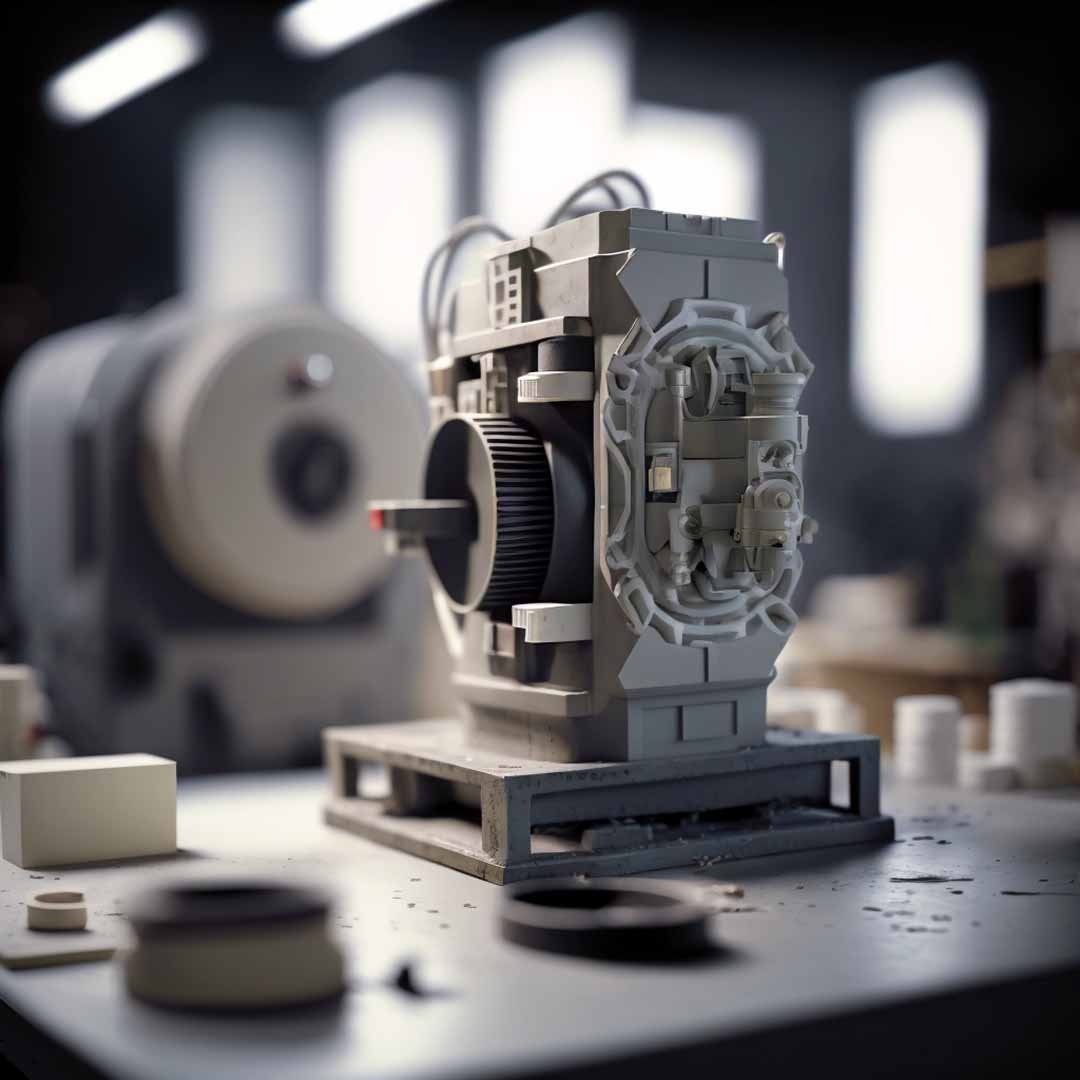
T3. Digital Fabrication
Robotics. Manufacturing and Industry 4.0. Industrial design. Internet of Things. Hacker/maker culture. Digital craft.

T4. Virtual environments
Smart cities. Interfaces and devices. Landscape photogrammetric studies. Artificial intelligence. Big Data. Machine learning. AR/VR/MR.

T5. Education and research in hybrid contexts
New pedagogies and technologies after the Great Reset. Life Long Learning and Digital Education. Hybrid Education. Online Learning.

T6. Design, Nature and Ecosystems
Design based on nature. Biomimicry, Biodesign, Biodigital design, Sustainable Design, New relations between nature and design. Bio-inspired design. Living things. New relations between nature and design.

T7. Artistic practices and creative industries
Convergencies through new technologies, architecture, design and cinema. Mapping. Audiovisual approaches. Artificial intelligence and media art.

T8. Other computations
Decolonial design. Inclusive design. Covid 19. Codesign. UX. Interdisciplinary design. Open source. Gender equality. Interdisciplinary design. Open design.

T9. Open Track
For papers related to Accelerated Landscapes but no related to the sub-tracks of SIGraDi 2023.
Schedule
WEDNESDAY 29
MAIN ROOM
9:00 REGISTRATION (ENTRANCE HALL)
10:00 OPEN CEREMONY
10:30 KEYNOTE 1: NEIL LEACH
12:00 LUNCH BREAK
13:00 SESSIONS – TRACK 01
- 13:00_ PAPER 46*
- 13:20_ PAPER 156*
- 13:40_ PAPER 189
- 14:00_ PAPER 246*
15:00 COFFEE BREAK
15:30 KEYNOTE 2: MARIA KUPTSOVA
17:00 SESSIONS – TRACK 02
- 17:00_ PAPER 20*
- 17:20_ PAPER 84
- 17:40_ PAPER 209
- 18:00_ PAPER 396*
- 18:20_ PAPER 437
A01
9:00 REGISTRATION (ENTRANCE HALL)
12:00 LUNCH BREAK
13:00 SESSIONS – TRACK 09
- 13:00_ PAPER 179*
- 13:20_ PAPER 339
- 13:40_ PAPER 365*
- 14:00_ PAPER 438
- 14:20_ PAPER 345*
15:00 COFFEE BREAK
17:00 SESSIONS – TRACK 05
- 17:00_ PAPER 102
- 17:20_ PAPER 107
- 17:40_ PAPER 154*
- 18:00_ PAPER 393
- 18:20_ PAPER 483
A02
9:00 REGISTRATION (ENTRANCE HALL)
12:00 LUNCH BREAK
13:00 SESSIONS – TRACK 03
- 13:00_ PAPER 68
- 13:20_ PAPER 45
- 13:40_ PAPER 342
- 14:00_ PAPER 144
- 14:20_ PAPER 120*
- 14:40_ PAPER 467
15:00 COFFEE BREAK
17:00 SESSIONS – TRACK 07
- 17:00_ PAPER 16
- 17:20_ PAPER 369
- 17:40_ PAPER 281*
- 18:00_ PAPER 356
- 18:20_ PAPER 103
- 18:40_ PAPER 429
A03
9:00 REGISTRATION (ENTRANCE HALL)
12:00 LUNCH BREAK
13:00 SESSIONS – TRACK 06
- 13:00_ PAPER 177
- 13:20_ PAPER 235
- 13:40_ PAPER 327
- 14:00_ PAPER 350
- 14:20_ PAPER 30*
15:00 COFFEE BREAK
17:00 SESSIONS – TRACK 04
- 17:00_ PAPER 232
- 17:20_ PAPER 508
- 17:40_ PAPER 357
- 18:00_ PAPER 439
- 18:20_ PAPER 435*
- 18:40_ PAPER 336*
OPENING COCKTAIL 19:30 hrs –
AZOTEA DE HAEDO
THURSDAY 30
MAIN ROOM
9:00 SESSIONS – TRACK 04
- 09:00_ PAPER 02*
- 09:20_ PAPER 261
- 09:40_ PAPER 90*
- 10:00_ PAPER 312
10:30 COFFEE BREAK
11:00 KEYNOTE 3: MANE TATULYAN
12:00 LUNCH BREAK
13:00 SESSIONS – TRACK 08
- 13:00_ PAPER 440
- 13:20_ PAPER 38
- 13:40_ PAPER 55
- 14:00_ PAPER 416
- 14:20_ PAPER 482
15:00 COFFEE BREAK
15:30 KEYNOTE 4: ACHIM MENGES
17:00 SESSIONS – TRACK 07
- 17:00_ PAPER 428
- 17:20_ PAPER 338*
- 17:40_ PAPER 99
- 18:00_ PAPER 143
- 18:20_ PAPER 80
A01
9:00 SESSIONS – TRACK 05
- 09:00_ PAPER 26
- 09:20_ PAPER 150
- 09:40_ PAPER 255
- 10:00_ PAPER 498
10:30 COFFEE BREAK
12:00 LUNCH BREAK
13:00 SESSIONS – TRACK 01
- 13:00_ PAPER 398
- 13:20_ PAPER 22*
- 13:40_ PAPER 70
- 14:00_ PAPER 316
- 14:20_ PAPER 420*
- 14:40_ PAPER 358
15:00 COFFEE BREAK
17:00 SESSIONS – TRACK 01
- 17:00_ PAPER 280
- 17:20_ PAPER 101
- 17:40_ PAPER 333
- 18:00_ PAPER 346*
- 18:20_ PAPER 404
- 18:40_ PAPER 499
A02
9:00 SESSIONS – TRACK 07
- 09:00_ PAPER 472
- 09:20_ PAPER 91
- 09:40_ PAPER 201
- 10:00_ PAPER 300
10:30 COFFEE BREAK
12:00 LUNCH BREAK
13:00 SESSIONS – TRACK 02
- 13:00_ PAPER 161
- 13:20_ PAPER 12
- 13:40_ PAPER 39
- 14:00_ PAPER 163
- 14:20_ PAPER 196
- 14:40_ PAPER 259
15:00 COFFEE BREAK
17:00 SESSIONS – TRACK 03
- 17:00_ PAPER 449
- 17:20_ PAPER 17*
- 17:40_ PAPER 258
- 18:00_ PAPER 152*
- 18:20_ PAPER 197
- 18:40_ PAPER 164
A03
9:00 SESSIONS TRACK 06
- 09:00_ PAPER 457
- 09:20_ PAPER 222*
- 09:40_ PAPER 282
- 10:00_ PAPER 299
10:30 COFFEE BREAK
12:00 LUNCH BREAK
13:00 SESSIONS – TRACK 09
- 13:00_ PAPER 469
- 13:20_ PAPER 169
- 13:40_ PAPER 375
- 14:00_ PAPER 417
- 14:20_ PAPER 367
- 14:40_ PAPER 243
15:00 COFFEE BREAK
17:00 SESSIONS – TRACK 05
- 17:00_ PAPER 74
- 17:20_ PAPER 41
- 17:40_ PAPER 270*
- 18:00_ PAPER 241
DINNER 21:00 hrs –
THE GRAND MONTAUK
FRIDAY 01
MAIN ROOM
10:30 KEYNOTE 5: MARCELO PAYSSÉ
12:00 LUNCH BREAK
13:00 SESSIONS – TRACK 02
- 13:00_ PAPER 277
- 13:20_ PAPER 110*
- 13:40_ PAPER 463
- 14:00_ PAPER 11*
- 14:20_ PAPER 165
15:00 COFFEE BREAK
15:30 SESSIONS – TRACK 04
- 15:30_ PAPER 315
- 15:50_ PAPER 239
- 16:10_ PAPER 366*
- 16:30_ PAPER 28
17:00 ANNUAL MEETING
A01
12:00 LUNCH BREAK
13:00 SESSIONS – TRACK 08
- 13:00_ PAPER 21
- 13:20_ PAPER 42*
- 13:40_ PAPER 108
- 14:00_ PAPER 219
- 14:20_ PAPER 446
15:00 COFFEE BREAK
A02
12:00 LUNCH BREAK
13:00 SESSIONS – TRACK 05
- 13:00_ PAPER 185*
- 13:20_ PAPER 287
- 13:40_ PAPER 335
- 14:00_ PAPER 432*
15:00 COFFEE BREAK
15:30 SESSIONS – TRACK 06
- 15:30_ PAPER 510
- 15:50_ PAPER 71
- 16:10_ PAPER 331
- 16:30_ PAPER 87*
A03
12:00 LUNCH BREAK
13:00 SESSIONS – TRACK 08
- 13:00_ PAPER 139
- 13:20_ PAPER 427
- 13:40_ PAPER 276*
- 14:00_ PAPER 234
15:00 COFFEE BREAK
15:30 SESSIONS – TRACK 02
- 15:30_ PAPER 476
- 15:50_ PAPER 351*
- 16:10_ PAPER 182
- 16:30_ PAPER 137
CLOSING COCKTAIL 19:00 hrs –
CASAPUEBLO
All the ID papers with “*” are video presentations.

Presentation template
Here you will find a suggested template for your SIGraDi presentation.
Please note that this is not a requirement, just a recommendation.
DOWNLOAD TEMPLATE HERE
Organization
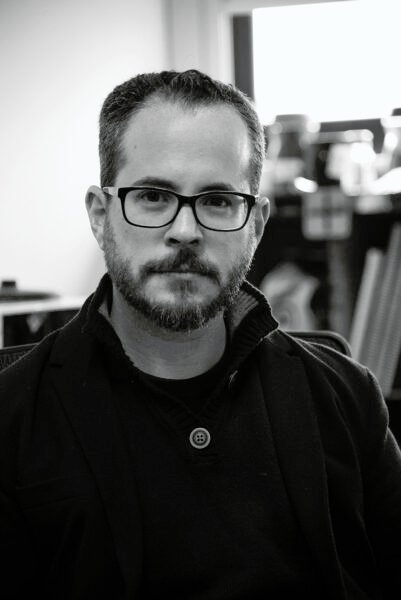
Fernando
García Amen
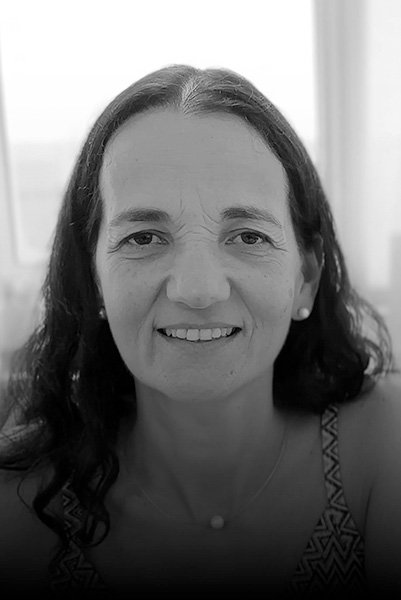
Ana Laura
Goñi Fitipaldo
Angel Armagno
Gabriela Barber
Raúl Buzó
Luis Flores
Josefina Fulgueiras
Sofía Gambetta
Marcos “Rocco” Lafluf
Raúl Leymonie
Juliana Malcuori
Leonardo Moreira
Paulo Pereyra
Juan Pablo Portillo
Alejandro Recoba
Florencia Sánchez
Victoria Sanchez
Mariana Silveira
Maite Sosa Methol
Nicolas Tachini
Frequently Asked Questions (FAQs)
ABOUT THE CONFERENCE
Do I have to send a video presentation?
Is it a requirement to present in person?
What is the deadline for payment?
How many papers can i publish with one fee?
How can i afford the fee?
ABOUT TRANSPORT
Which airport is best to arrive at?
How to get to Punta del Este?
From the airport: Take a bus from the airport arrivals entrance bus stop to Punta del Este or Maldonal terminal, as your hotel location convenience. You can buy the tickets on the company website or directly on the bus. Check schedule and destination prior to purchase
From Montevideo city centre: If you are hosting on hotels near the Montevideo city centre, you can take the bus from de bus terminal in Tres Cruces Shopping Centre. COT and COPSA are the bus companies with destination Punta del Este from Montevideo.
FROM Montevideo by particular car:
From Montevideo take IB (Interbalnearia) rute with east destination. Punta del Este is situated in 130 kilometer. Aprox. time from International Airport of Carrasco (Montevideo, Uruguay): 1:40hrs. to 2:00hrs.
FROM Laguna del Sauce Airport:
Take a taxi from the airport or buses with destination Punta del Este or Maldonado terminal at your convenience (companies: COT, COPSA ESTE, BRUNO, TURISMAR). Also, you can take a Cabify or Uber private car.
How to get to CURE Maldonado?
How long does it take to get from Montevideo to Punta del Este?
ABOUT GASTRONOMY AND ACCOMMODATION
Where to stay?
On the other hand, for those students who are looking for an economical option to stay, we recommend the Hostel Del Puerto, located at 1,5km from the Punta del Este terminal.
For any of the accommodations mentioning that you will be attending the SIGraDi 2023 congress you get a discounted price.
Where to eat in Punta del Este
El palenque – Punta del Este, Maldonado.
La picniquería – Punta del Este, Maldonado.
Il porto (ice cream) – Punta del Este, Maldonado.
Gelateria Arlecchino (ice cream) – Punta del Este, Maldonado.
Atrevida (pizza) – Punta del Este, Maldonado.
La Bourgogne – Punta del Este, Maldonado.
Hotel L’Auberge And Tea Room – Punta del Este, Maldonado.
Parador Imarangatu – Punta del Este, Maldonado.
Salón N°3 – La Barra, Maldonado.
Estancia Narbona – El tesoro, Maldonado.
La linda (bakery) – Manantiales, Maldonado.
La checa – Punta Ballena, Maldonado.
Medio y Medio – Punta Ballena, Maldonado.
Places of interest
Punta del Este – Photo gallery

